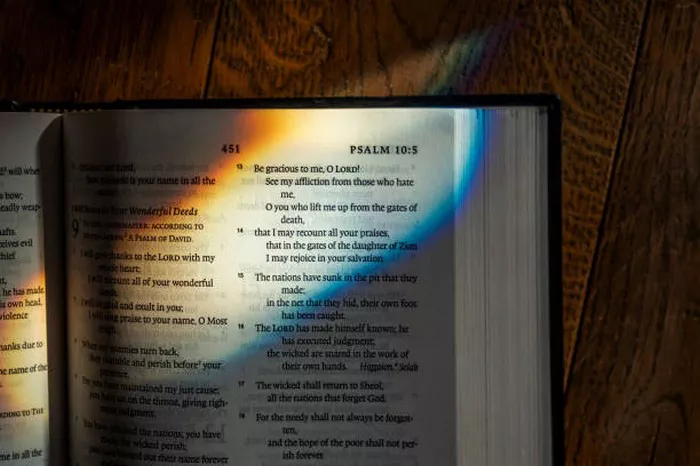Texas lawmakers have introduced a pair of bills that would mandate the display of the Ten Commandments in public schools and allow for time for Bible reading, continuing a nationwide push by conservative legislators to incorporate religious doctrine into public education.
The first bill, introduced by Republican Senator Phil King, aims to require the Ten Commandments to be displayed in public school classrooms. King argued that the Ten Commandments form a cornerstone of American law and history. “The Ten Commandments are part of our Texas and American story,” he said, adding that if students don’t learn the Ten Commandments, they will never fully understand the foundation of American history and law.
A second bill, authored by Senator Mayes Middleton, would allow school districts to adopt policies permitting a period of prayer and Bible reading, as well as the reading of other religious texts, with parental consent. Middleton emphasized the need to ensure that schools are not “God-free zones” and thanked figures like former President Donald Trump and Texas Lieutenant Governor Dan Patrick for prioritizing prayer in public schools.
This push for religious displays in schools follows a failed attempt in 2023 to pass similar legislation due to time constraints. Patrick, a strong proponent of the measure, has pledged to prioritize it during the current legislative session. He also commended Louisiana for becoming the first state to mandate the display of the Ten Commandments in public schools and college classrooms, though the law’s implementation is currently delayed due to a lawsuit challenging its constitutionality.
King expressed confidence that his bill would survive legal challenges, pointing to a 2022 U.S. Supreme Court ruling that protected the right of a Washington state high school football coach to pray on the field after games. The conservative-majority court’s decision emphasized “historical practices and understandings” to interpret First Amendment violations.
Despite the push for these bills, the issue of displaying religious texts in public schools has a complicated legal history. In 1980, the U.S. Supreme Court ruled that a Kentucky law requiring the posting of the Ten Commandments in public schools violated the First Amendment. Similar bills have surfaced across the country, with some states proposing the display of the Ten Commandments as an optional or recommended addition to classrooms.
In addition to the Texas bills, proposals have been filed in other states, such as Kentucky, Ohio, and Georgia, which would either make displaying the Ten Commandments mandatory or allow it as an option in classrooms. Montana and North Dakota have also debated similar measures recently. However, a bill in South Dakota failed earlier this week, signaling some resistance even within conservative-leaning states.
The American Civil Liberties Union (ACLU) has supported the parents’ lawsuit against Louisiana’s Ten Commandments law and warned that public schools should remain neutral spaces where all students feel welcome, regardless of faith. “Public schools are not Sunday schools,” said Samantha Chapman, ACLU of South Dakota’s advocacy manager. “Today’s vote ensures that our public school classrooms will remain spaces where all students, regardless of their faith, feel welcomed.”
In Texas, the bills are expected to face strong opposition from Democrats, who argue that the state should focus on funding public schools rather than introducing divisive religious issues. “This is a divisive bill that distracts from real solutions for Texans,” said Democratic Senator Sarah Eckhardt. “Segregation along religious lines is still segregation, and that is the reason for separating church and state.”
With Republicans holding a majority in the Texas legislature and Governor Greg Abbott voicing support for the reintroduced bills, the Ten Commandments and Bible reading measures could see greater momentum this session. The debate over church-state separation, however, is likely to remain a contentious issue as lawmakers push for more religious influence in public education.
You Might Be Interested In:


